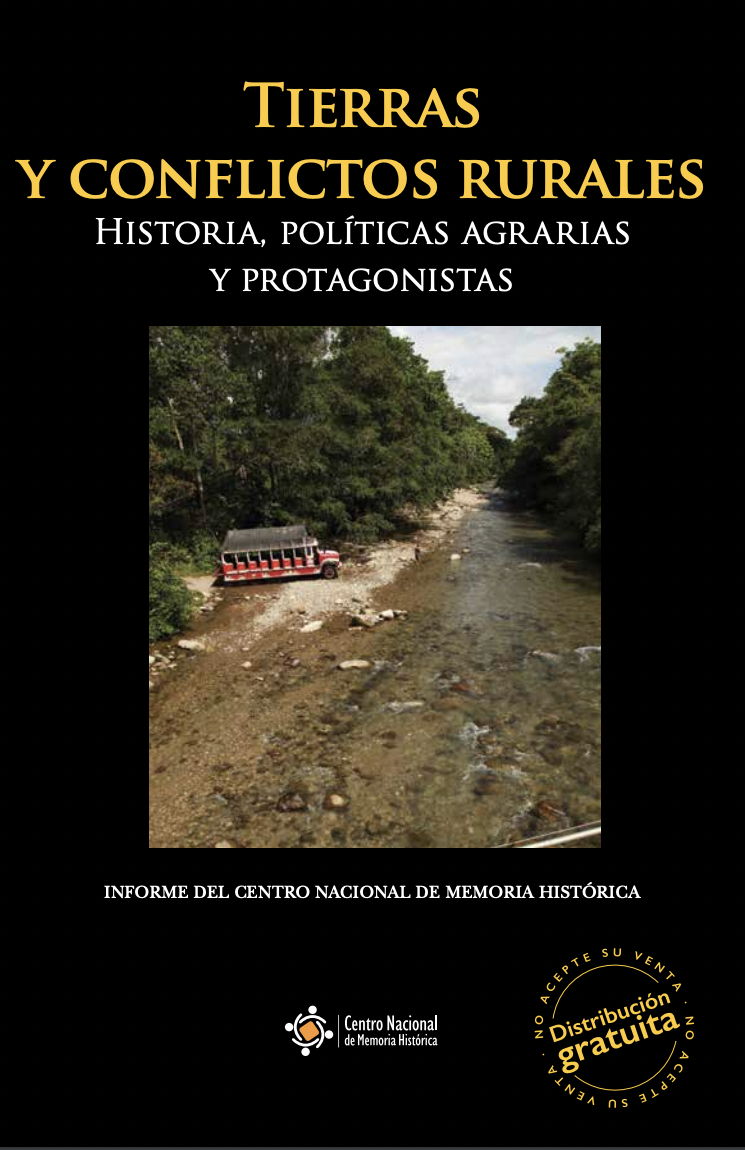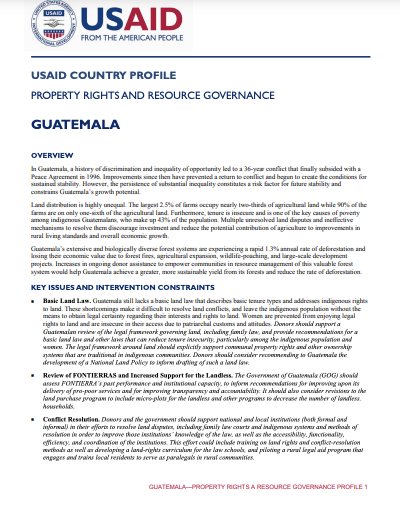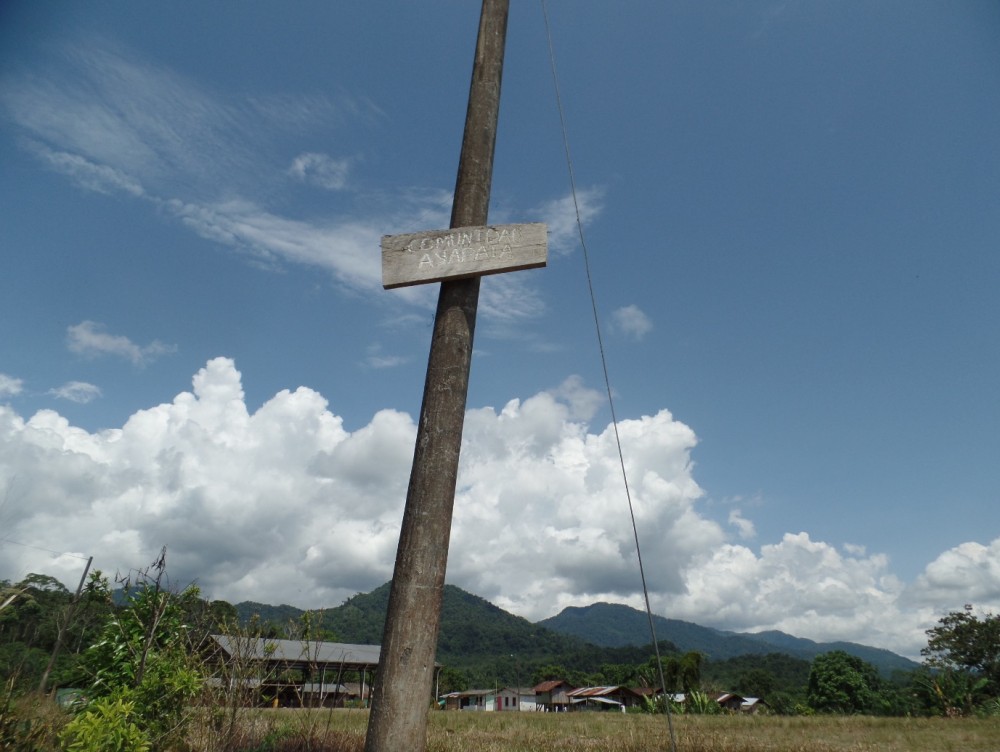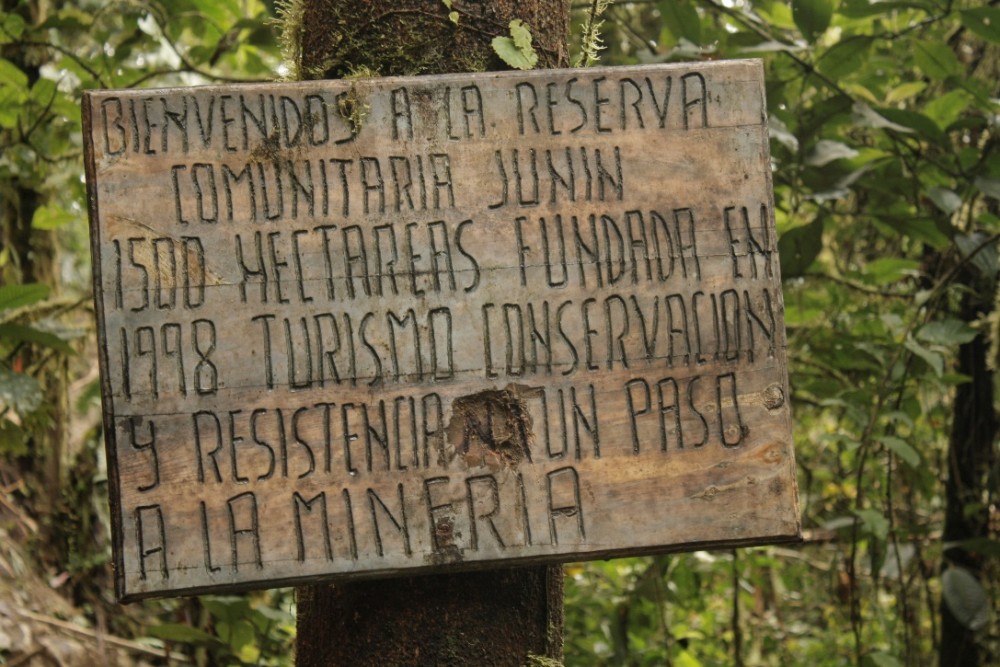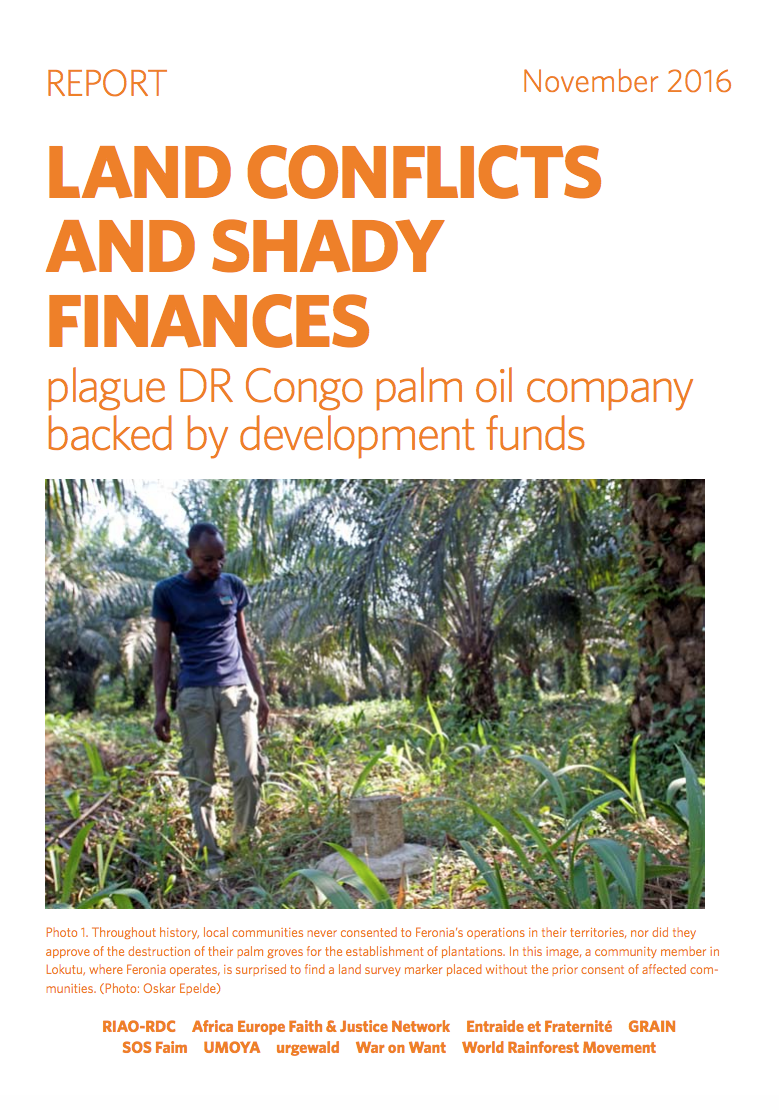Tierras y conflictos rurales
Este informe documenta y analiza los cambios en la estructura de la propiedad agraria en Colombia durante la segunda mitad del siglo XX y la primera década del siglo XXI. Se examina primero la legislación agraria y el reparto de tierras baldías en la primera mitad del siglo XX, para ver en perspectiva histórica la configuración de la estructura de la propiedad rural y establecer el peso que en esta han tenido las políticas de tierras del Estado colombiano.

